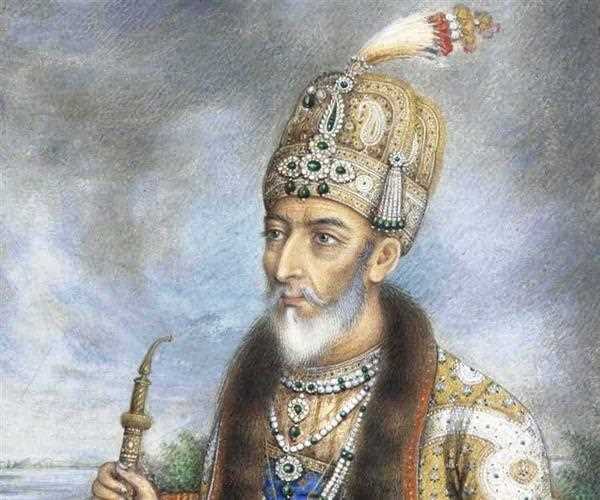
He is also recognized as Bahadur Shahor Bahadur Shah II (October 24, 1775 – November 7, 1862) was the remainder of the Moghul emperors in India, and in addition the last leader of the Timurid Dynasty. He was the child of Akbar Shah II by his Hindu spouse Lalbai. He turned into the Mughal Emperor upon his dad's passing on September 28, 1838, as of now an absolutely representative and main part while the British East India Company practiced genuine power. In fact, the British were the Emperor's operators. What leftover political specialist he had was kept to the City of Delhi, where he lived on British benefits in the Red Fort. Fairly insultingly, the British alluded to him as the "Lord of Delhi." because of reluctantly giving his name to the revolt of 1857, he strived for conspiracy by the British and banished to Burma, where he kicked the bucket. How a sovereign could oppose himself remains a bewildering.
Zafar was his pen name (takhallus) as an Urdu writer. He is perceived as one of the best artists in this dialect of his day, some say he is the best ever. His verse bemoaned misfortune and India's degradation.
Toward the end, Shah Bahadur cut a miserable and shocking figure, whose tribute grieved that he couldn't be covered in "two yards" of his darling country. However to depict him as frail or as directing the finish of his realm is out of line. No Mughal had practiced genuine power since Alamgir II, himself a manikin of the Afghan lord, Ahmad Shah Durrani. Inside the restricted space of Delhi's social life, nonetheless, Bahadur Shah II presided over a time of thriving social life. Relations between various religious groups, which would turn out to be progressively stressed under Britain's "gap and govern" arrangement, were extremely warm, with a lot of association and sharing of celebrations. Afterward, he was changed into an image of Indian against British protection. This peruses excessively once again in history. However, he deserves acknowledgment for driving where he could, socially, wonderfully and as a champion of between religious amicability in a land that has prided itself on its comprehensiveness and resistance.
Cheers!